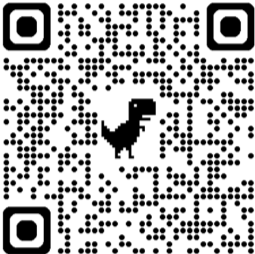AP Psychology Semester 1 Study Guide
AP Psychology Semester 1 Study Guide by Katy Flanders
Create multiple-choice games on Wisc-Online and play them on our Chakalaka mobile app!
But that's not all! Explore educational games created by others. Simply search by category or enter agame code number and dive into a world of learning and fun.
Download the Chakalaka mobile app here:

Topics of this game:
- early school of thought, used introspection to reveal structure of human mind
- believes in free will, sees good in everyone, positive mindset of human nature, key figure- C Rogers
- a sample that fairly represents a population b/c each member has an equal chance of inclusion
- a neural impulse; a brief electrical charge that tracks down the axon
- the division of the Autonomic nervous system that arouses the body- fight or flight
- the division of the autonomic nervous system that calms and conserves its energy- rest and digest
- cells in the nervous system that support, nourish, and protect neurons; also help learning/thinking
- process of organizing and interpreting sensory info, enabling us to recognize meaningful events/obj
- we have 3 sets of cones in eyes, one detects red, one blue, and one green
- hearing loss caused by damage to the mechanical system that conducts sound waves to the cochlea
- in operant conditioning, any event that strengthens the behavior that it follows
- based on time period, not whether the behavior occurs or how much it occurs(Predictable + time based
- in classical conditioning a stimulus that naturally or automatically triggers a response
- the processing of info to the memory system, for example, by extracting meaning
- a clear memory of an emotionally significant moment or event
- the disruptive effect of new learning or recall of old information
User comments are currently unavailable. We apologize for the inconvenience and are working to restore this feature as soon as possible.

